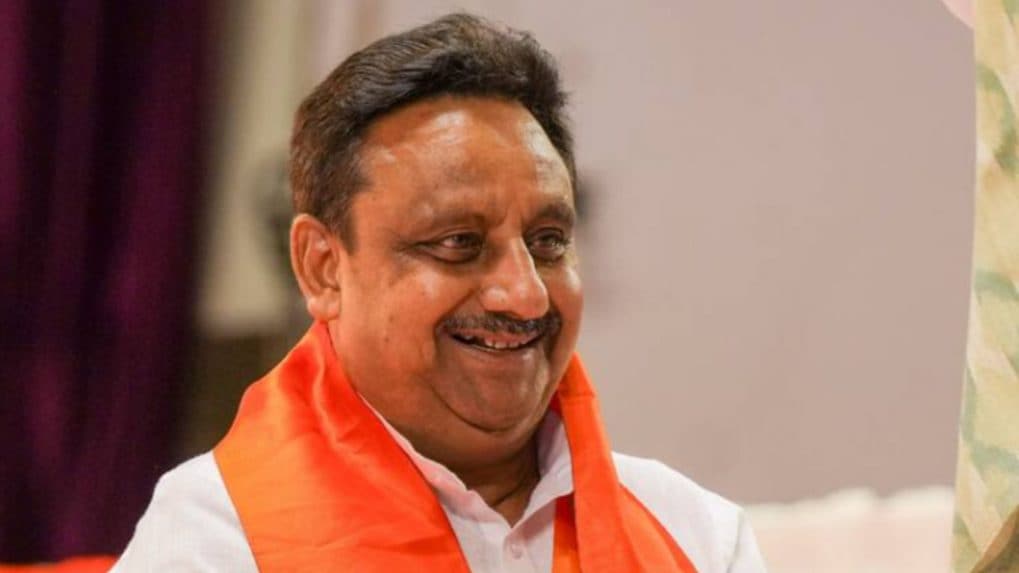BJP MP to seek ban on opinion trading platforms in Parliament
The platforms in question, including Probo and MPL Opinio, have come under intense scrutiny for facilitating real-money trading based on predictions related to public events, elections, sports outcomes, and more.
ADVERTISEMENT
In a sharp escalation of the ongoing debate surrounding prediction-based platforms, Bharatiya Janata Party (BJP) Member of Parliament and Confederation of All India Traders (CAIT) Secretary General, Praveen Khandelwal, has called for a nationwide ban on opinion trading platforms, denouncing them as “digital satta”—online gambling in disguise.
The platforms in question, including Probo, MPL Opinio, and SportsBaazi, have come under intense scrutiny for facilitating real-money trading based on predictions related to public events, elections, sports outcomes, and more. Critics argue that the format mimics gambling, thereby putting millions of users—especially the youth—at financial and psychological risk.
“Opinion trading platforms are a menace to society. Many youths have fallen prey to these platforms and have lost huge sums of money. I have written to the government to take strict action,” said Khandelwal in a conversation with Storyboard18.
“These platforms are nothing more than satta operating online. There is an urgent need for a crackdown. I will also be raising this issue in Parliament,” he added.
The demand for regulation is not isolated. Industry observers and trade organizations have echoed similar concerns, calling for coordinated efforts from regulators, ministries, and law enforcement.
Dr. M.C. Sarangan, a member of the Tamil Nadu Online Gaming Authority (TNOGA), described opinion trading as “nothing but betting in disguise.” He stressed the danger these platforms pose under the veneer of prediction markets, which many users—particularly young people—fail to distinguish from legitimate investment platforms. “We’ve gone after surrogate advertising too. I don’t think anyone else in the country has done that,” Sarangan said, calling for collaborative action from media, parents, companies, and regulatory authorities.
The Confederation of All India Traders (CAIT) has been especially vocal. Its National President, B.C. Bhartia, recently sent a letter—seen by Storyboard18—to Ashwini Vaishnaw, Minister of Electronics and Information Technology, and Piyush Goyal, Minister of Commerce and Industry. In the letter, CAIT emphasized the explosive growth of these platforms, which now reportedly boast over 50 million users in India.
The scale is staggering: transactions on these platforms are estimated to exceed ₹50,000 crore annually, with projected revenues of ₹1,000 crore for FY 2024–25. CAIT also warned about the impact on democratic processes, raising concerns about users being allowed to place bets on election outcomes, which it said could distort public opinion and erode the credibility of India’s electoral institutions.
The traders’ body has urged the Ministry of Electronics and Information Technology (MeitY) to work closely with the Ministry of Home Affairs and the Ministry of Consumer Affairs to initiate legal action against the platforms and their promoters.
Concerns over opinion trading aren’t purely theoretical. In a concrete step, the Enforcement Directorate (ED) on July 8 and 9 conducted searches across multiple locations in Gurugram and Jind, Haryana, under the Prevention of Money Laundering Act (PMLA), 2002. The crackdown focused on Probo and its promoters, Ashish Garg and Sachin Subashchandra Gupta, following FIRs registered in Gurugram, Palwal, and Agra under various criminal and gambling-related statutes.
These enforcement actions signal the beginning of a broader governmental response to what many are calling a systemic loophole in India’s online gaming and financial laws.
Adding to the mounting pressure, the Supreme Court of India on July 18 transferred to itself a series of Public Interest Litigations (PILs) challenging the legality of opinion trading platforms. These PILs were previously pending before Bombay, Gujarat, and Chhattisgarh High Courts, all raising concerns that such platforms resemble gambling and should be subject to similar regulations and penalties.
Read More: Opinion Trading or Online Gambling? Probo case deepens as ED seeks impleadment


